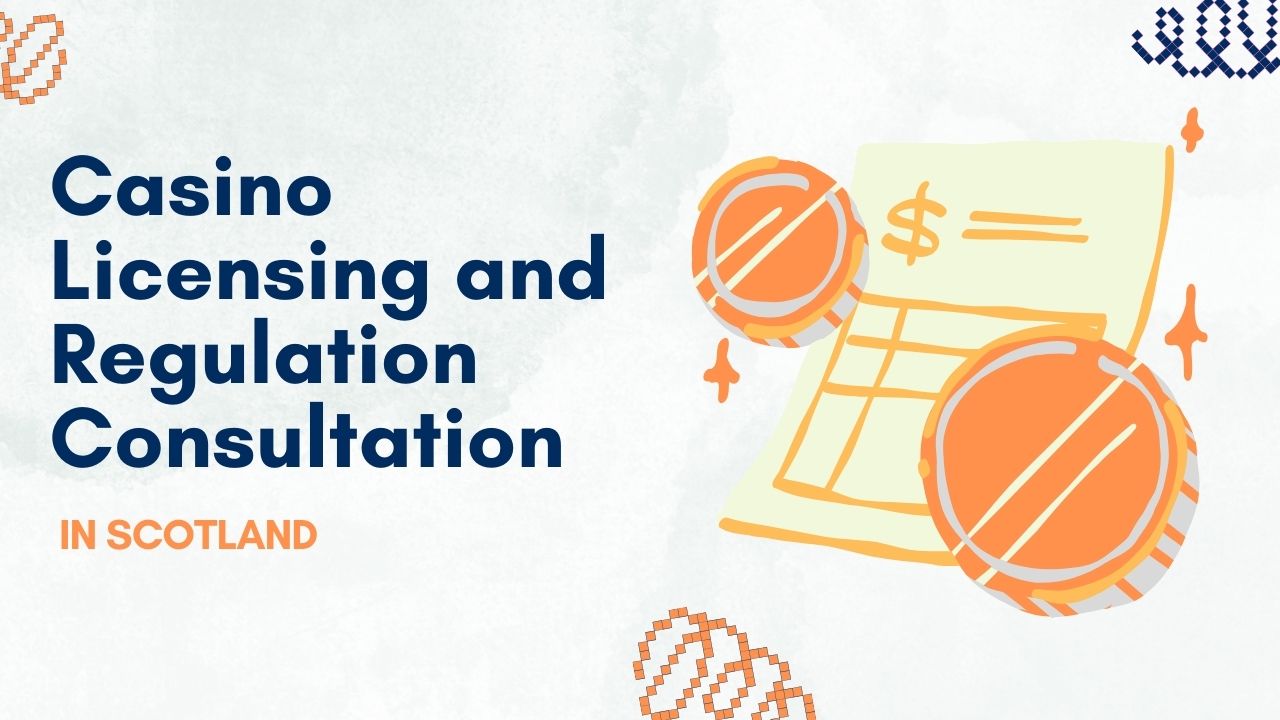
The casino industry in Scotland is anticipated to undergo a substantial transformation as a result of the government’s comprehensive consultation on casino licensing and regulation. This consultation is a critical juncture in the development of the future landscape of wagering, as it endeavors to balance the potential societal impacts, consumer protection, and economic growth. Stakeholders from all sectors of the industry, as well as concerned citizens, are encouraged to participate in this dialogue to ensure that the regulatory framework remains resilient, equitable, and responsive to emerging trends and obstacles.
Current Regulatory Framework
The casino industry in Scotland is presently regulated by the Gambling Commission, which was established by the Wagering Act 2005 to supervise and regulate all wagering activities. The act was conceived to protect minors and vulnerable individuals from being exploited or injured by gambling, prevent gambling from becoming a source of crime, and ensure fair and open practices. Nevertheless, the wagering industry has experienced a substantial transformation since its inception, necessitating a review and update of the current regulations.
Objectives of the Consultation
The consultation’s primary objectives are as follows:
- Evaluate the Effectiveness of Present Regulations: Evaluate the effectiveness of the current regulatory framework in addressing the current and future requirements of the industry and society.
- Improve Consumer Protection: Recognize the deficiencies in consumer protection measures, particularly in the context of technological advancements and the proliferation of online wagering platforms, in order to enhance consumer protection.
- Encourage Economic Growth: Conduct an investigation into strategies to foster a thriving casino industry that promotes responsible wagering practices and contributes to the economy.
- New Obstacles: Assess the impact of emergent gambling technologies, including mobile and online wagering, and ascertain the extent to which regulations can be adjusted to accommodate these developments.
Key Areas of Focus
The consultation will delve into several key areas, including:
- Licensing Requirements: Assessing the criteria for obtaining and renewing casino licenses to ensure that they are rigorous enough to deter criminal activities and are fair to operators.
- Advertising and Marketing: The assessment of the regulations that regulate the promotion of casino services in order to prevent the dissemination of irresponsible gambling or the targeting of vulnerable populations.
- Technological Innovations: An examination of the potential for regulation to protect consumers, as well as the role of technology in wagering, including the use of artificial intelligence and data analytics.
- Social Responsibility: Enhancing policies that promote responsible gambling, such as financial constraints, self-exclusion programs, and assistance for individuals with gambling disorders.
Stakeholder Engagement
A broad spectrum of stakeholders, including the general public, consumer protection groups, public health experts, regulatory bodies, and casino operators, are eligible to participate in the consultation process. Their contributions will be essential in the development of a regulatory framework that is both efficient and comprehensive.
The government has prioritized inclusivity and transparency throughout this process. An assortment of engagement channels will be accessible, including public forums, written submissions, and online surveys. The consultation period, which is expected to last for several months, will provide ample opportunities for comprehensive input and discussion.
Anticipated Outcomes
It is expected that the outcomes of this consultation will have a significant influence on the future of casino regulation in Scotland. Enhanced consumer protection measures, stricter licensing conditions, and new guidelines for advertising and technological use in wagering are all potential changes. The goal of these reforms is to promote a more secure wagering environment while simultaneously facilitating the industry’s expansion and innovation in a responsible manner.
Conclusion
The casino licensing and regulation consultation in Scotland is a critical initiative that is intended to modernize the wagering regulatory framework. In order to safeguard consumers, foster economic expansion, and address emergent challenges, it is essential that regulations remain in alignment with the industry’s continuous development. The government strives to establish a balanced approach that is beneficial to all parties by involving a diverse array of stakeholders.
To ensure that stakeholders’ perspectives and concerns are considered, they are encouraged to participate actively in the consultation. The establishment of casino regulation in Scotland is contingent upon a collaborative effort to ensure a secure, equitable, and thriving gambling environment.